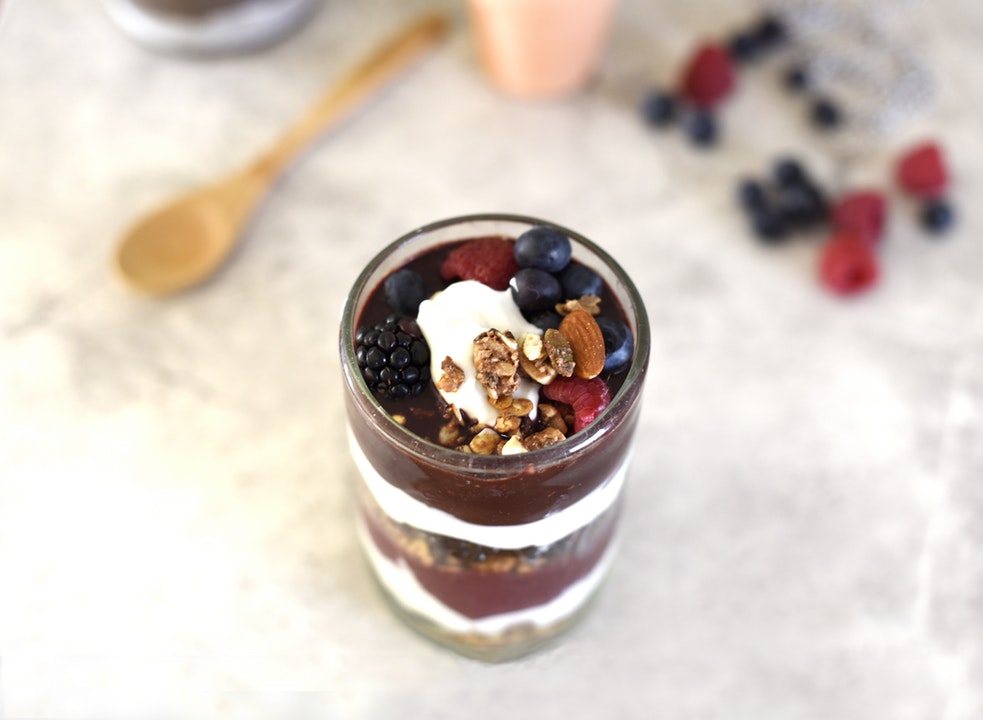5 things you didn’t know about living in Germany


By: Joy Ananda
Traveling is just one reason you should factor in Germany as your destination for higher education. Another is that European education is just as good or even better than the outstanding education in the United States. Another factor could be the exceptional living conditions in the country. Here we offer a closer glimpse into what life in Germany would be like, complete with an insider’s look.
Ruhezeit = a term to describe “quiet hours.”
When living in Germany, there is a period of quiet time designated throughout the day to ensure that you don’t make a ruckus. Different regions may have varying times; some regions’ quiet time is from 8 pm until 7 am, some from 10 pm until 7 am. But this rule applies all day every day, including Sundays and holidays. Please note that this is an actual legal rule, and it is considered breaking the law if you are noisy during that specific period. As reported by the Bavarian News, “Article 139 of the German constitution states ‘Sunday and holidays recognized by the state shall remain protected by law as days of rest from work and of spiritual improvement,”
Nachmittag = a term to describe German tea time
Besides observing quiet hours, Germans take their Sundays very seriously. Most stores are closed, including retail and grocery stores. There is absolutely no work on Sundays, and that includes mowing your lawn. German tea time is usually 2-3 pm so you must go there in advance to book before the cafes become too crowded. Like its name, Germans drink more tea than coffee during their afternoons. Cups of tea are usually enjoyed with a dollop of whipping cream and a sprinkle of sugar, resulting in a creamy drink. Cakes also frequently appear during Sundays, ranging from classic coffee cakes or black forest cakes. Please note that German chocolate cake is not authentic - that cake is actually from America.
Pfand = a deposit that’s added to the price whenever you purchase a plastic/glass bottle
Recycling is taken very seriously in Germany, and education starts from home. Each German home has three different types of bins at home - brown (food waste), green (paper), black (trash). Glass is even recycled into either green, brown or clear glass bins. Keeping in mind the “quiet hours’ rules, however, please be mindful not to start recycling your Glass during these times as it can create quite a stir.
Besides recycling at home, you can also return your plastic bottles to the grocery store and get your deposit refunded to you. Each grocery store is equipped with this machine that accepts back the bottles in exchange for a receipt, in which you can either cash out at the cashier or receive a grocery shopping discount. It is 25 cents per plastic bottle and 5 cents per glass bottle.
Brotchen = a phrase to order bread rolls at bakeries
Although the official staple food in Germany, much like other countries, is potatoes, German bread has been recognized for its sheer versatility. Forget plain white bread; they have over 50 different kinds of bread ranging from grain, rye, and even pumpernickel. German bread is enjoyed at every meal, from breakfast, lunch, dinner, or even supper. The term “brotchen” is derived from the German word for bread “brot,” You can often hear this phrase at bakeries where people are ordering their weekly buns.
The Germans can eat plain bread rolls with just butter or margarine or go the savory or sweet route (cheese, honey, jam, Nutella, meat, fish, or fruit jam). You can even put a sausage in a bread roll that has been halved to create a mini kind of hotdog.
Aufschnitte = a phrase to describe a meal of cold cuts
Although it is not the norm for us to eat cold dishes after a long day at work, it is considered convenient, efficient, and delicious for Germans. Imagine a giant wooden board on the table filled with a selection of German slices of bread, various fresh cheeses, smoked salmon, and thinly sliced meats (including sausages, ham, smoked bacon). Of course, anything paired with bread is good, especially German bread!
There are certain norms wherever you might live in the world. It might be good to read up on these cultural practices to assimilate better if you ever choose to live in that particular country!








